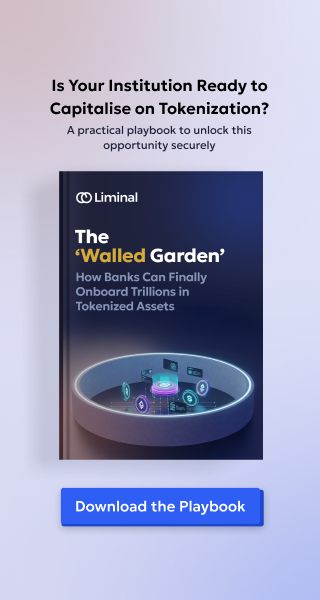Key Takeaways
- Decentralized applications are digital applications that operate on a blockchain network of computers rather than being dependent on a single computer.
- dApps operate independently of any single authority, providing users with freedom from centralized control and interference.
- dApps’ advantages encompass the protection of user privacy, the absence of censorship, and the flexibility for development.
What are Decentralized Applications (dApps)?
Decentralized applications, or dApps, are distributed, open-source software applications that operate on a decentralized peer-to-peer network. Unlike traditional applications, dApps are not controlled by a single entity, allowing for greater autonomy and resistance to censorship.
Imagine a Twitter-like dApp where users can post content without the risk of it being deleted by a centralized authority. This decentralized nature ensures that content remains intact and free from interference.
Unlock the potential of digital assets for your institution
Key characteristics of dApps Include:
- Open Source: dApps must have an open-source codebase, allowing for transparency and collaboration among developers. Any changes to the app should be made with community consensus.
- Decentralization: dApps operate on decentralized blockchains. They help ensure that data and operations are distributed across a network of nodes for security and transparency.
- Incentives: dApps often offer users incentives in the form of cryptographic tokens, fostering engagement and participation in the ecosystem.
- Protocol: dApps utilize specific protocols to demonstrate proof of value, validating the significance of processes in a transparent and verifiable manner.
What are DApps Utilized for?
DApps serve as a transitional link between current Web 2.0 systems and the decentralized Web3, envisioning the future of the Internet. They are accessible through conventional web browsers like Google Chrome or Firefox.
DApps interact with underlying blockchain networks via smart contracts. While They appear familiar on the surface, their backend operates on decentralized databases rather than centralized servers.
Secure and manage your digital assets with Liminal
Today, dApps are fewer in number compared to traditional applications. An ongoing innovation will eventually diversify the ecosystem. The most popular DApps span various categories:
- Crypto Wallets: Crypto wallet dApps enable cryptocurrency buying, selling, and trading. They can be custodial (held by platforms) or non-custodial (under user control). Thus offering differing levels of security and autonomy.
- Decentralized Exchanges (DEXs): DEX DApps allow users to connect crypto wallets and engage in functions like liquidity pools, lotteries, and NFT marketplaces.
- Social Media: DApps like Steemit facilitate online connections. Unlike traditional social media platforms, they reward users for network participation instead of monetizing their data.
- Games: Decentralized gaming emerges as a prominent segment. DApps like Axie Infinity and Splinterlands integrate NFTs to ensure users retain the value generated within the metaverse.
How Do dApps Function?
dApps operate with backend code running on a decentralized peer-to-peer network. They may also feature frontend code and user interfaces, which can be developed in any language similar to conventional applications. The front end can be hosted on decentralized servers such as IPFS. While dApps function similarly to traditional applications, there are key distinctions outlined below:
Key Features of dApp Functionality:
- Decentralized: Operating on Ethereum, a public decentralized platform, dApps are not governed by a single authority.
- Deterministic: dApps consistently perform the same functions regardless of the execution environment.
- Turing Complete: With access to requisite resources, dApps can execute any action.
- Isolated: dApps run within the Ethereum Virtual Machine. EVM is a virtual environment. It ensures that even if a smart contract contains a bug, it won’t disrupt the normal operation of the blockchain network.
Advantages of dApps
dApps offer several advantages, including:
- Fault Tolerance: Operating on a decentralized platform, dApps remain available even if individual nodes fail. However, performance may degrade under such circumstances.
- Privacy: Users can access app-specific functionalities without divulging real-world identities or personal information, enhancing privacy.
- Data Integrity: Thanks to consensus algorithms, data stored on the blockchain is immutable and tamper-proof. This prevents unauthorized tampering or forging of transactions, ensuring data integrity.
- Flexible Platform: The Ethereum platform provides a flexible environment conducive to the development of dApps. Thus allowing for easy adaptation and innovation.
- Verifiable Behavior: Smart contracts execute in predictable ways without central authority involvement. Thus ensuring verifiable behavior and eliminating the need for constant monitoring.

